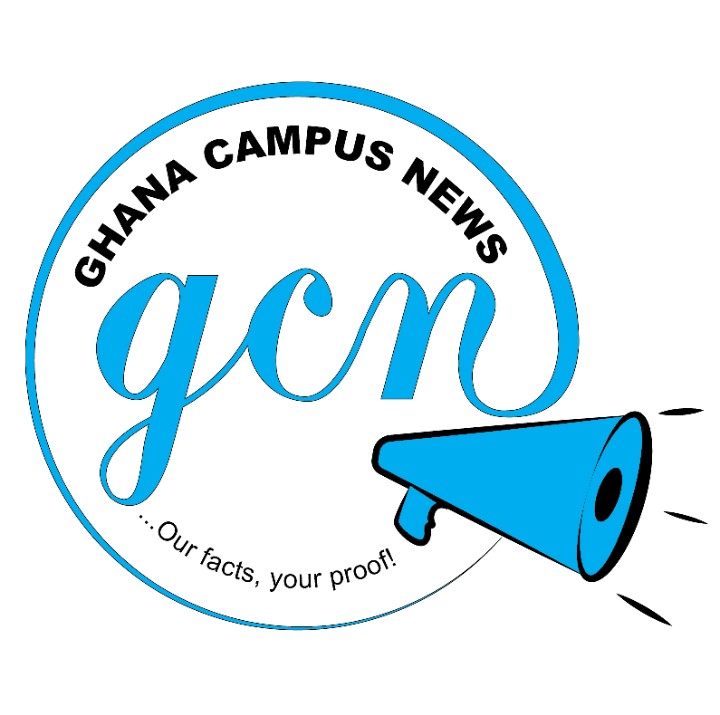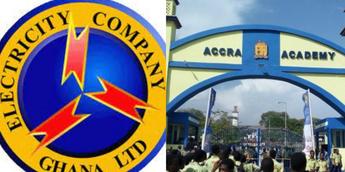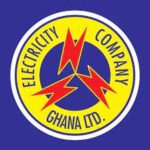Accra Academy School, one of Ghana’s prominent educational institutions, faced a severe power crisis on Monday, 19th February 2024, as the Electricity Company of Ghana (ECG) enforced a cut in their power supply due to an outstanding debt nearing GHS500,000. The move resulted in a complete blackout on the school premises, disrupting normal activities and prompting urgent action from the school administration.
The disconnection of Accra Academy’s power supply was part of a broader issue affecting both public and private institutions across the country. ECG’s crackdown on delinquent accounts was a strategic measure aimed at recouping long-standing debts and ensuring financial sustainability.
Under the threat of prolonged disconnection, the school was required to settle a minimum of 50% of the outstanding amount to initiate the process of power restoration. This situation not only underscored the financial challenges faced by educational institutions but also highlighted the critical role of utilities in ensuring consistent service delivery.
Responding to the crisis, the Ghana Education Service (GES) intervened by releasing GHS 5 million to the ECG, specifically earmarked to settle outstanding bills owed by public educational institutions. This infusion of funds provided a lifeline for schools grappling with utility debts and paved the way for the restoration of power to Accra Academy School.
With the resumption of power supply, normal school activities at Accra Academy School have commenced once again, alleviating the disruptions caused by the blackout. The incident serves as a reminder of the importance of fiscal responsibility and efficient resource management within the education sector, as institutions strive to maintain operational stability amidst financial constraints.
By: Isaac Nyarko, UniMAC-IJ









